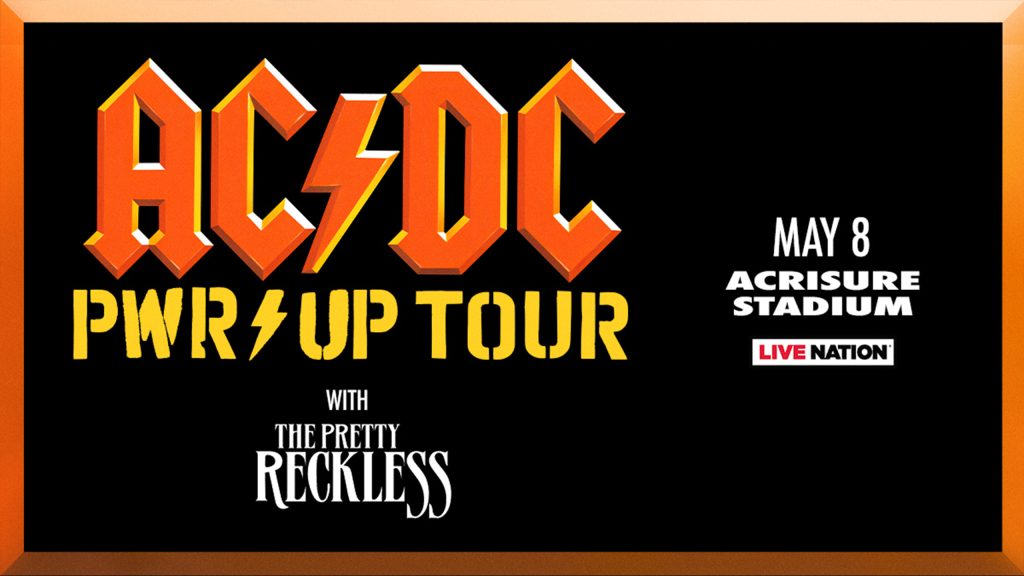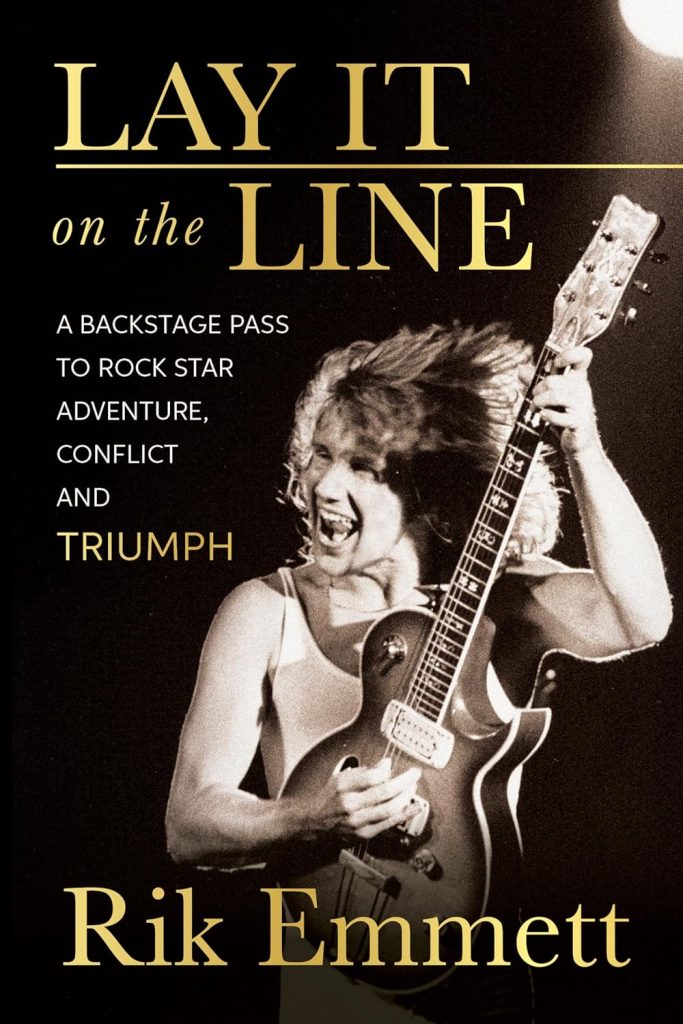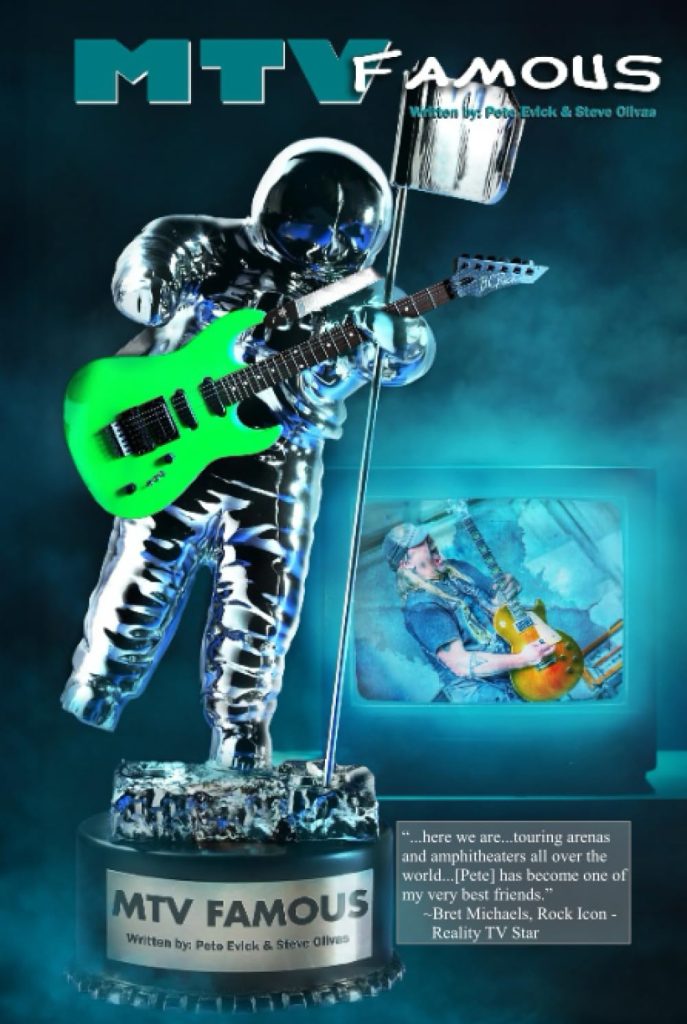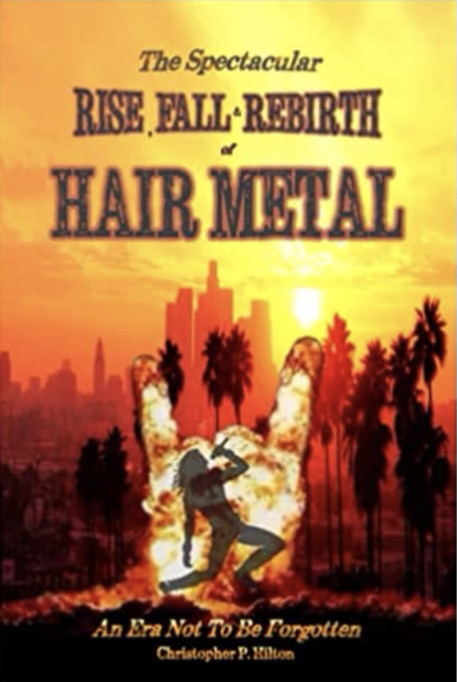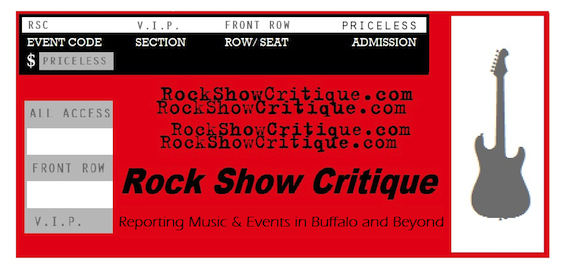 Interview
Interview
Geoff Tate
Interviewed on November 16, 2012
By: Joseph Suto
Rocklohoma 2012 will go down in history as the final show Geoff played with Queensrÿche, the same band he had been in for over thirty years. Sometimes things unfold and you have no control as to where the cards may fall. Never one to stop doing what he loves to do, Geoff already had a solo album mostly recorded so he focused on finishing it. What transpired is his second solo album the recently released Kings & Thieves. Geoff recently took to the road to support his new release. We caught up with Geoff as he was preparing for a gig in Vancouver opening up for the legendary Alice Cooper. What transpires is an interesting take on how touring operates today as well as Geoff’s honest opinions on some of the other things we asked him. Sit back grab a cup of coffee and enjoy.
RSC: You have a new release out entitled Kings & Thieves, what can you tell us about the album?
Geoff Tate: Well I knew I wanted to make a record this year. So I started working on it January 2nd. The songwriting really came together very quickly. It was kinda flowing so well that I wanted to capture the excitement of the moment of creating it. So the album has a bit of a live feel to it. Most of it was written and recorded at the same time. So a lot of what you hear on the record is first, second, third takes. It wasn’t really rehearsed into the ground or slickly produced, its pretty raw. I really like that aspect of it quite a bit. I never made a record like that before. I recognized that it was becoming what it was becoming and I just let it happen rather than putting the brakes on and trying to create something that was different. I just kind of let it be what it was which I really like. I’ve always wanted to see if I could make a record like that and I didn’t really now how to. So when it was happening I kind of got out of the way you know.
RSC: When was the album recorded?
GT: As we came up with a song idea we just developed it right then and there. On other records sometimes it takes months and months and months to develop a song. Just waiting around for people to get included or learn something or to throw some idea at it. And this was all very immediate. You come up with the idea and boom you just develop it and get it done.
RSC: Who are some of the musicians that play on it.
GT: Kelly Gray did all the guitars on the record, he’s been writing with me for years and years. Randy Gane on keyboards, again one of my very close friends and writing partners. Jason Ames another writer, guitar player, singer. Chris Zukas on bass guitar and Greg Gilmore on drums.
RSC: Tell us about “Change” and “Waiting” two of the standout tracks. Do you have a personal favorite from the album?
GT: I don’t really have a personal favorite, I really like all the tracks. The lyrical sentiment on “Change” is something that I really like. The idea if you want change in the world, you have to start with yourself. I like that idea quite a bit. I was very happy about being able to work that idea into the song.
Well, one of the things I like about that track (“Waiting”) is that it just sets a mood and it doesn’t leave that mood. It just keeps hanging in that same kind of feel throughout the whole song. I like that about a song. When you’re writing songs there’s always a number of different ways you can take the writing. You can change things up quite dramatically from part to part to part. You can start one way, finish another way. There’s an amazing amount of variances that you can give a song and the structure of it. But I’ve always found it kind of difficult and challenging to keep a song in the same feel throughout the entire duration of it. So I was very happy about the development of that one.
RSC: Since we are on songwriting, you told us how this album came about, how were you normally writing like on your previous solo album?
GT: I tend to write everyday, I try to write a section or a piece or finish something or whatever it is I’m working on. I’m pretty diligent about my work ethic. But then again sometimes you don’t actually come up with anything useable at that moment, so you stick it away on your hard drive, and you save it for later in case you need it. If you’re looking for a section of a song, like where does it go after the bridge, you can go to your library and go hey this piece might work. Sometimes it works perfectly and sometimes its like a jigsaw puzzle. Other times you have to transpose it to a different key or change the rhythm structure of it to make it work.
RSC: Of all the songs that you’ve written, is there one song that you are most proud of?
GT: Nope. I think songwriting is one of those things that you get better at the more you do. You have to write a lot of songs before you can write a decent one, starting out. As you get more into it and more experience under your belt then it becomes easier and easier to get across what your’e trying to do or say.
RSC: “Queen Of The Reich” has been one of your most popular tunes yet over the past several years, you rarely played it live. Was that by choice or is it just a harder song to sing?
GT: Actually its not very popular at all. It’s funny actually a lot of people don’t know about that song. A lot of people don’t care about that song. Its an early song that was written and it shows. It’s funny the reaction you get because it’s a lot of blank stares. In fact its the same stare you get when you play a new song that nobody’s heard before. People just aren’t that familiar with it. Given there are a few hardcore fans that might know that song or like that song and know what it is but the majority of the people there don’t. So its not really a song that I enjoy singing strictly because lyrically its pretty adolescent. It was the first song written thirty some odd years ago and obviously I cannot relate to it anymore. I think for performance its always best for the performer to really believe in the material their singing or playing. If you don’t believe in it its really difficult to get behind a song, do it well and do it at a level that comes across with any kind of believability. For me I honestly can’t relate to the whole dungeons and dragons lyrical content of that song its really cartoonish and juvenile to me.
RSC: As you grew older you felt you wrote better songs?
GT: Songs that mean more to me, definitely. I try not to use the term better or worse when it comes to music because I really don’t believe there is good music or bad music. Its not a sporting event. Its art and expression and I just think as a songwriter you grow. Songs are your way of writing about yourself and your passions and your beliefs and the things you find important about sharing your life with people. So you want to write songs that are about what is happening to you current. The music reflects the writers’ life.
RSC: Looking back on your career what tours stand out to you the most in terms of overall satisfaction?
GT: This tour I’m on right now is amazing. I’m just having the best time. I’m playing music for people in very small intimate places and actually seeing, feeling the response back from the audience. I just honestly love it. You don’t get that in a big place. Its kind of sterile and cold in the bigger venues and these small ones there’s something about them, their magic. From my point of view there is so much more of a connection to the audience. You can hear what they are saying, they’re listening to what your saying in between songs. Its a great way to communicate I feel.
RSC: How did your stage show come together? Who came up with the ideas? For example the Big Ear for HITNF. The Promised Land set? etc…
GT: Well when Chris was in the band he and I were a wonderful team when it came to communicating ideas and putting things together from songwriting to stage show. It was pretty much us sitting in a room talking about it what can we do here, what if we did this. We would have an overall idea of what we wanted to present, typically it revolved around imagery from the record. We would go about hunting down the technicians that create our vision. We would contact a number of different companies that came up with stage sets and that kind of thing and the bottom line how much is it gonna cost? (laughs)
RSC: Is there anything you still hope to achieve or accomplish in the world of music?
GT: Oh yeah I love songwriting. I love making records. Each record is a documentation of where I’m at, at the moment. What I’m interested in, what I’m thinking about. What I feel strongly about, so its the way I think, the way I communicate. I think I’ll probably always make records.
RSC: How long do you envision yourself touring and making new albums for?
GT: Touring is a different thing. Touring is a lot more difficult these days. Simply because of the expense of getting from point A to point B and putting on shows, selling tickets and all that kind of thing. Its a horrible, horrible economy worldwide. The record industry is in complete retransformation period its being reinvented now. None of the old rules apply.  What we grew up with is completely different. The industry doesn’t even resemble what it used to. So everyone is trying to find their way on how to operate on making things work with considerable monetary restraints. Because records just don’t sell anymore, people aren’t buying as many records as they used to buy. There’s very few retail outlets that sell records anymore and the records they do sell are very limited and what they have to offer. Honestly there is not enough money in it for record companies to make profits enough to employ people. Like a typical major record company would employ several thousand people around the world. Today, employment is down to a couple hundred worldwide. So its drastically reduced. There’s no money in it because of course the downloading and the file sharing just got at the industry economically. Crazy. A lot of times people still apply the old (sales) to the new model. They don’t even know what they are talking about. You can’t even compare the sales of a record nowadays to what they were ten years ago. They’re not even the same numbers.
What we grew up with is completely different. The industry doesn’t even resemble what it used to. So everyone is trying to find their way on how to operate on making things work with considerable monetary restraints. Because records just don’t sell anymore, people aren’t buying as many records as they used to buy. There’s very few retail outlets that sell records anymore and the records they do sell are very limited and what they have to offer. Honestly there is not enough money in it for record companies to make profits enough to employ people. Like a typical major record company would employ several thousand people around the world. Today, employment is down to a couple hundred worldwide. So its drastically reduced. There’s no money in it because of course the downloading and the file sharing just got at the industry economically. Crazy. A lot of times people still apply the old (sales) to the new model. They don’t even know what they are talking about. You can’t even compare the sales of a record nowadays to what they were ten years ago. They’re not even the same numbers.
We wish to thank Jeff Albright from The Albright Entertainment Group for all his help.


